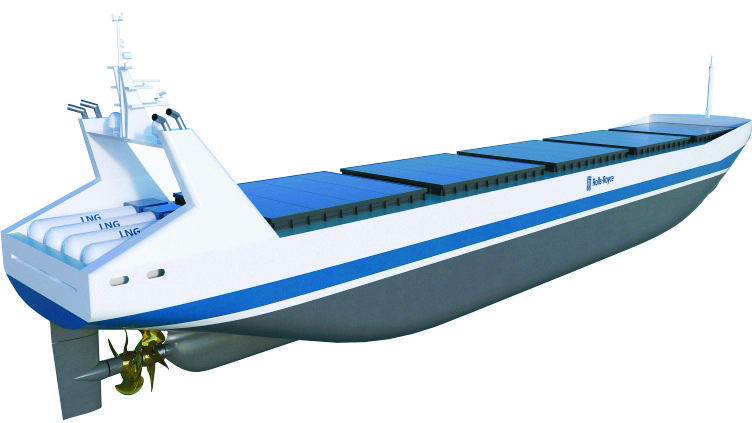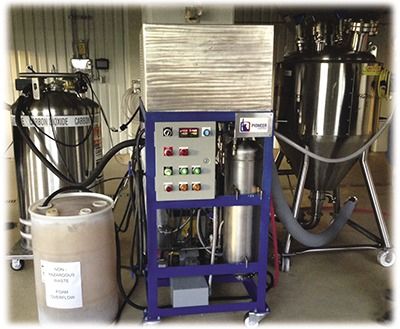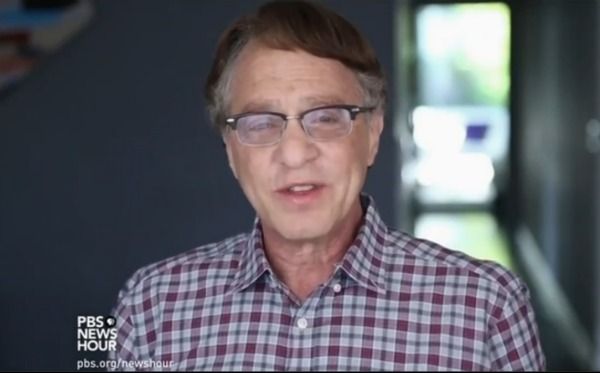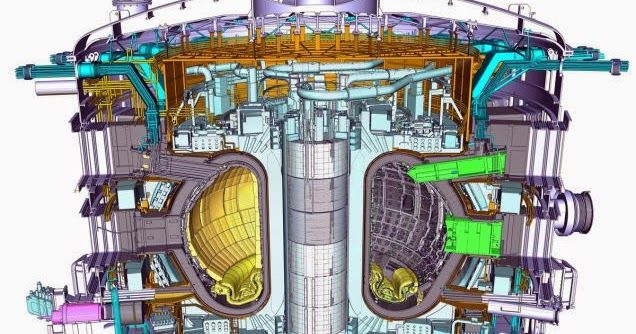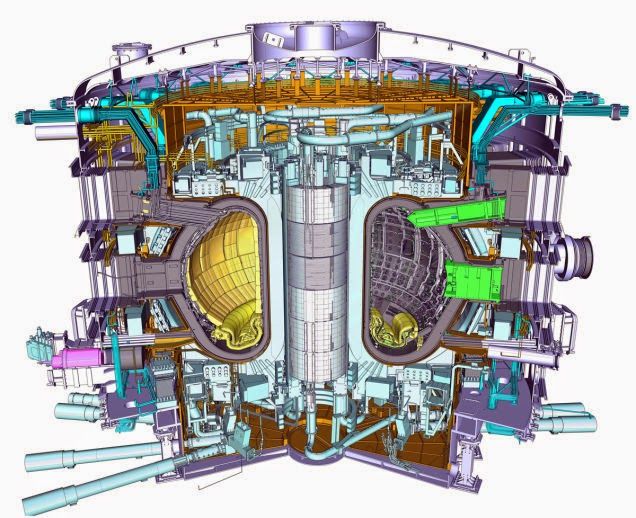Companies that sell personal data should pay a percentage of the resulting revenue into a Data Mining Royalty Fund that would provide annual payments to U.S. citizens, much as the Alaska Permanent Fund distributes oil revenues to Alaskans.
A viral video released in February showed Boston Dynamics’ new bipedal robot, Atlas, performing human-like tasks: opening doors, tromping about in the snow, lifting and stacking boxes. Tech geeks cheered and Silicon Valley investors salivated at the potential end to human manual labor.
Shortly thereafter, White House economists released a forecast that calculated more precisely whom Atlas and other forms of automation are going to put out of work. Most occupations that pay less than $20 an hour are likely to be, in the words of the report, “automated into obsolescence.”



